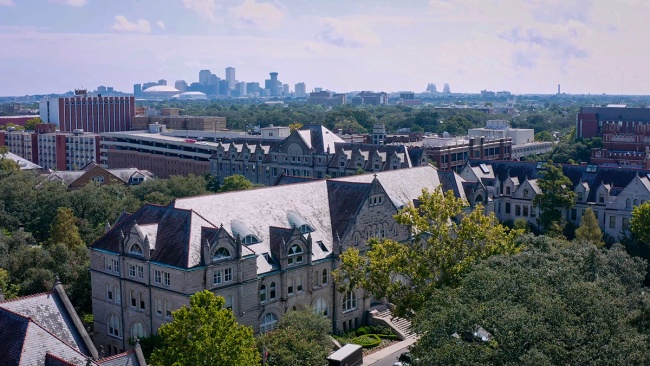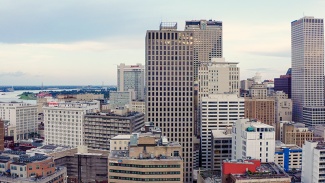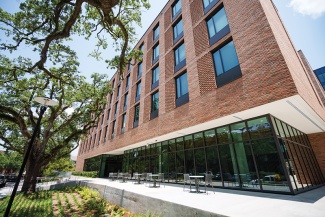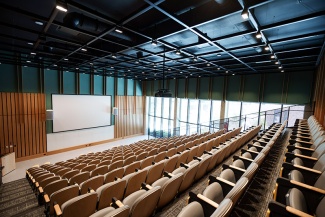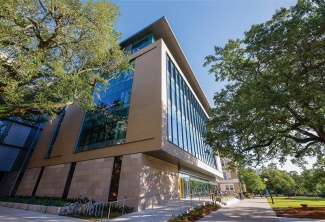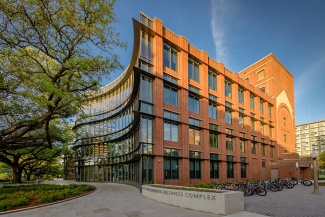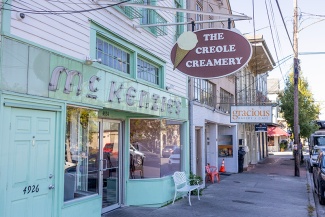They also spend money on ride shares and at nail salons and restaurants, especially those on Freret and Magazine streets, she said.
Like Gingold, Benjamin Boatend, a junior from New York City, does a fair bit of grocery shopping. He enjoys cooking, and because of his Ghanaian background, is often buying ingredients for his favorite Ghanaian dishes. “I tend to go grocery shopping a lot, which equals me taking Ubers to and from my house,” he said.
He also keeps up with entertainment calendars, as attending concerts is one of his favorite things to do. “Since coming to Tulane I have been to Pitbull, State Champs, Nicki Minaj and others,” Boatend said.
Edward Sha, a sophomore from San Jose, California, said his main contributions to the New Orleans economy are the money he spends on transportation, sometimes to Metairie, where he enjoys shopping at Lakeside Shopping Center.
“I always book Ubers ahead of time between the airport and campus, and occasionally, I use Lyft to get around,” Sha said. “I use the streetcar on St. Charles and the RTA (Regional Transit Authority) bus on Freret to get around when my destinations are on those roads.”
Like most Tulane students, he enjoys the city’s dining scene. “I spend a lot of time getting out and eating off-campus or ordering in from local restaurants,” he said.
Falling in love with Tulane, investing in New Orleans
It wasn’t just Nick and Ethan Surfas of Laguna Beach, California who fell hard for Tulane University and New Orleans. So did their parents.
The couple had never been to New Orleans but immediately fell in love with the culture, the architecture, the music and the food. “It was August when we toured, and it was deathly hot,” Marci Surfas said, “but it didn’t matter. We loved it.”
“I feel like we’re really contributing to the economy, because we’re here all the time,” she said. “We eat at all the restaurants; we stay at the hotels.”
Nick graduated in 2024, and Ethan will follow in 2025. Her youngest son, Jackson, is now a senior in high school, and like his brothers, hopes to attend Tulane.
Regardless of where he ends up, the Surfas’s say they will always be a part of the New Orleans community. “We’ve talked about living here when we retire,” Surfas said. “We are absolutely sold on New Orleans.”


